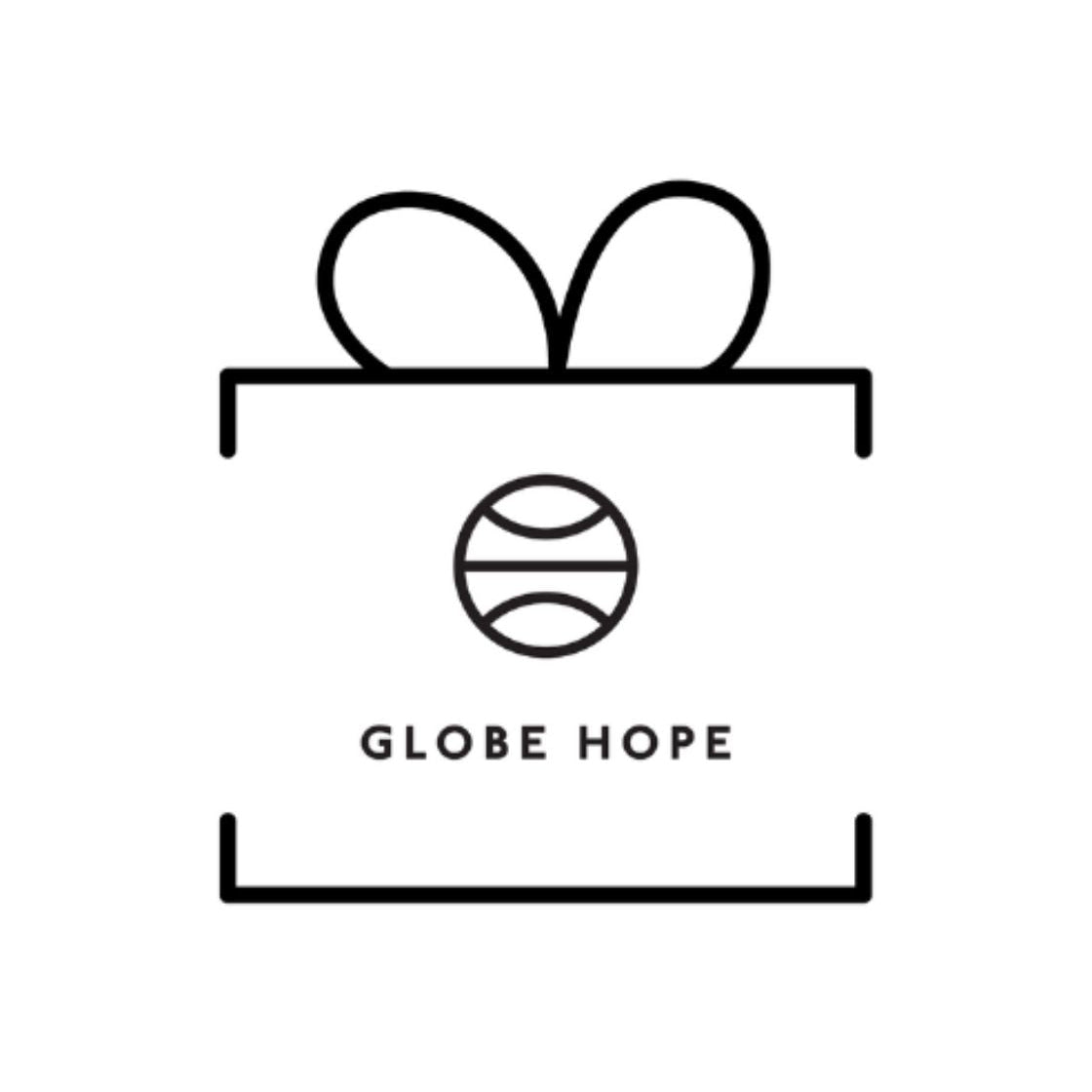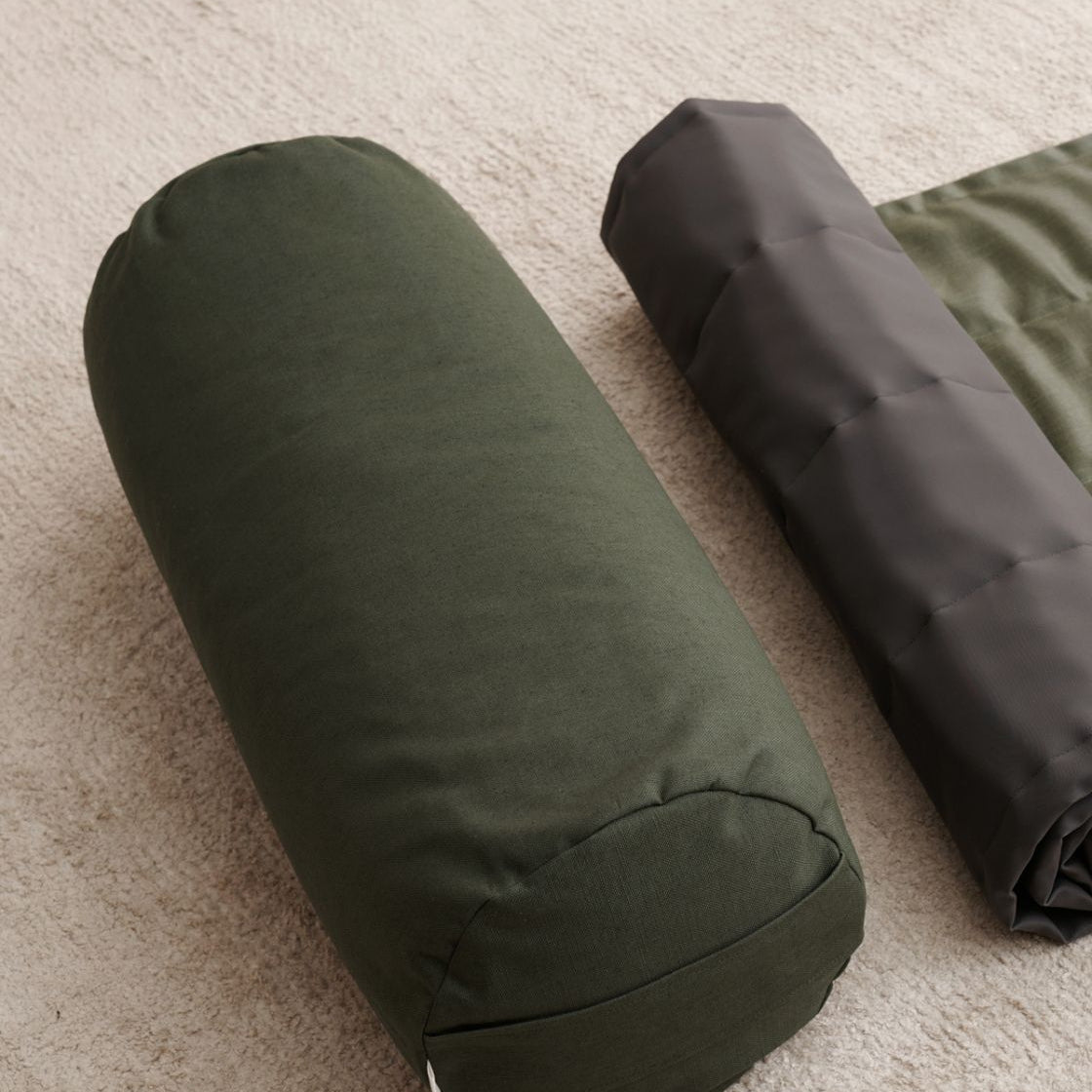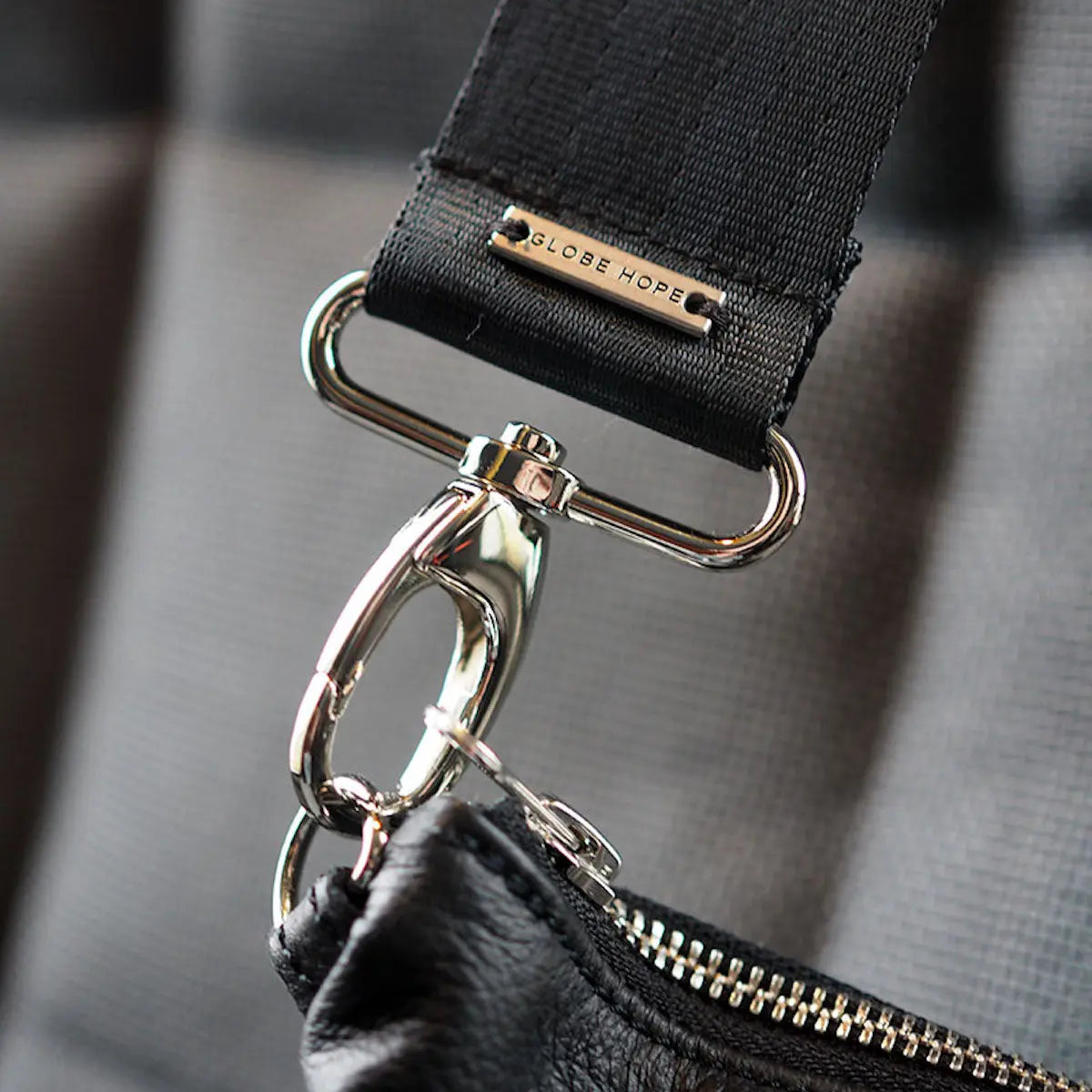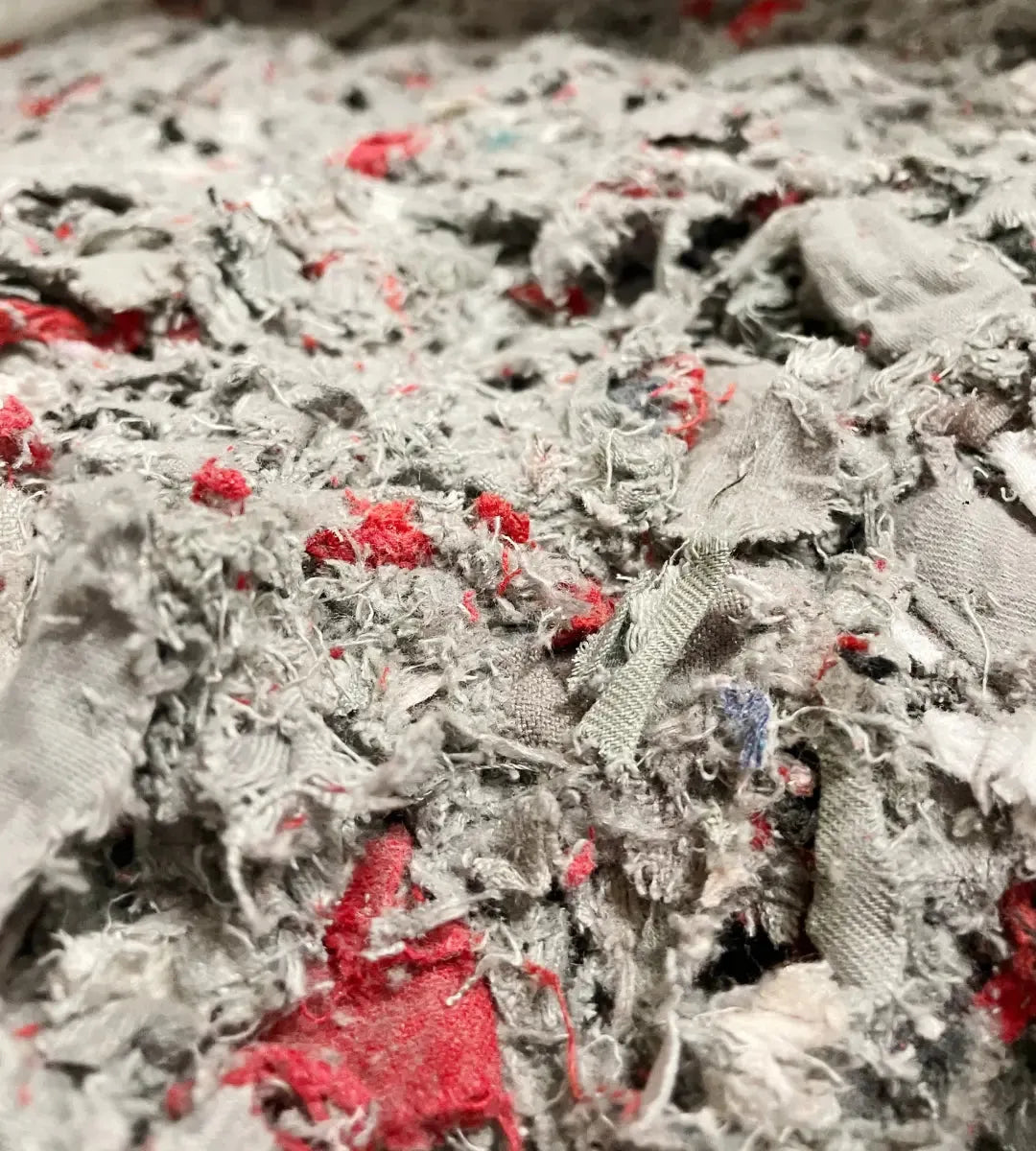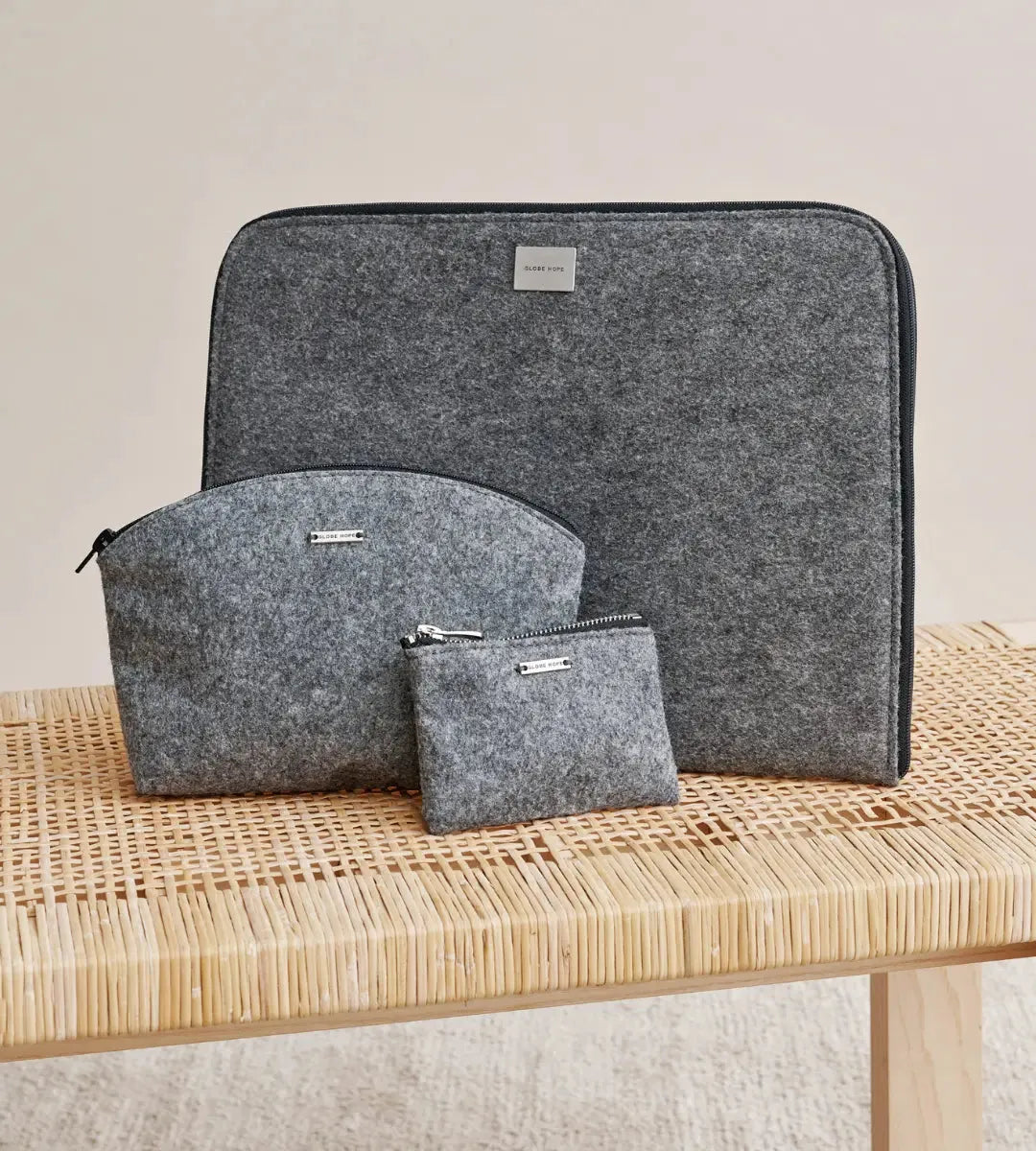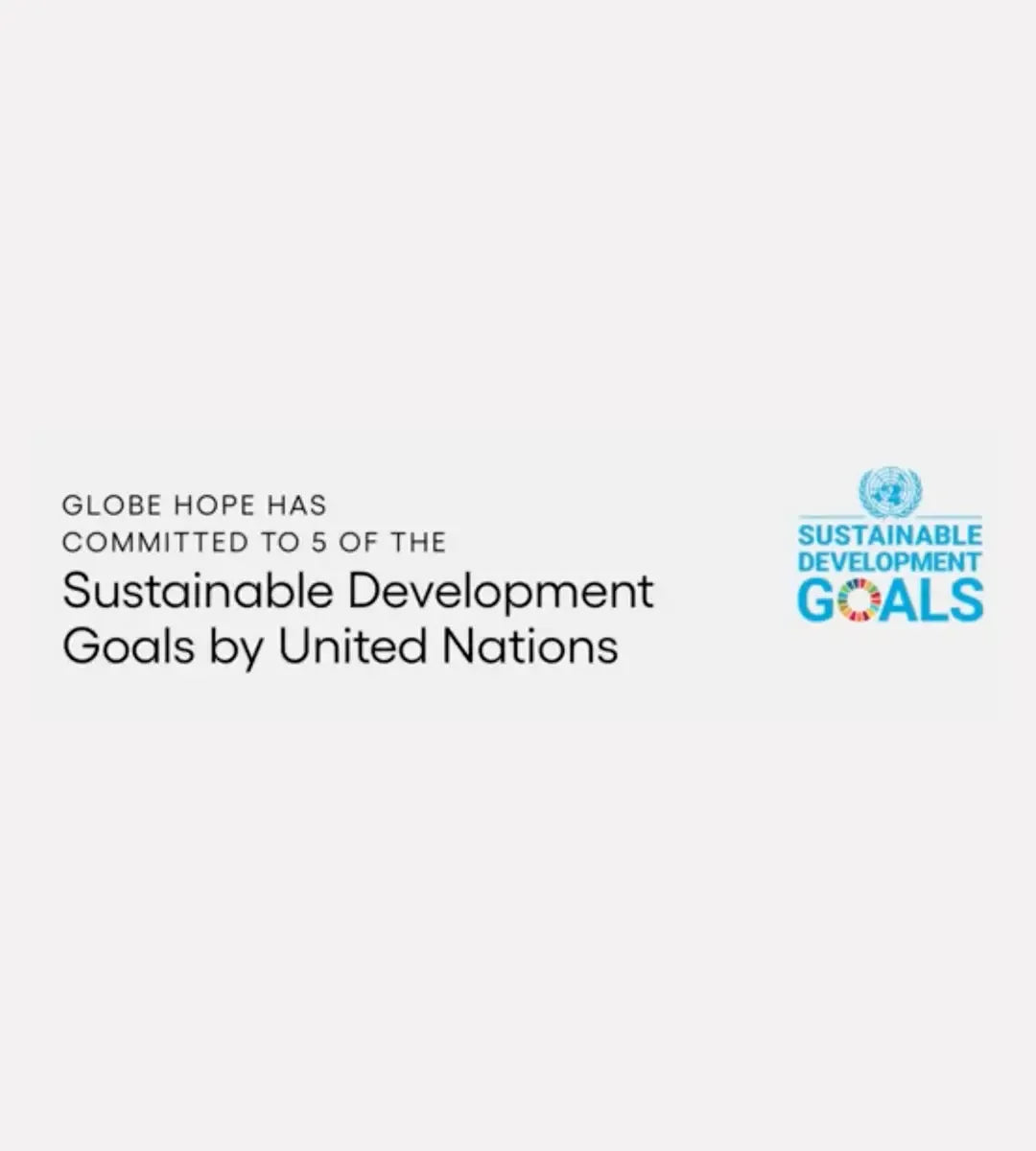
European Sustainable Development Week will take place on September 20-26 2021
The European Sustainable Development Week (ESDW) promotes sustainable development and raises awareness of the UN's Sustainable Development Goals (Agenda 2030).
The sustainable development goals were adopted by the United Nations in 2015 as a universal call to action to end poverty, protect the planet, and ensure that by 2030 all people enjoy peace and prosperity.
Globe Hope strives to promote all the sustainable development goals. Some thought the circular business operations and some by donating and supporting charities.
Globe Hope's products and operations contribute to the following sustainable development goals:
6 CLEAN WATER AND SANITATION
According to the United Nations, 663 million people do not currently have a source of fresh drinking water, and 2.4 billion people lack safe sanitation. Shockingly, more than 80% of the world's wastewater, is still discharged straight into seas, lakes, and rivers, causing issues for both people and the environment. One of the sustainable development goals is to ensure the supply and sustainable use of water and sanitation for all.
The textile industry uses an enormous amount of clean water and is responsible for 20% of the world's wastewater. Water is used especially for the cultivation of the world's most common natural fiber, cotton. For example, making a cotton t-shirt takes 2,720 liters of water.
Globe Hope uses as few new materials as possible in all its products. Currently, 95% of the total amount of materials we use is recycled or surplus. By making products from recycled materials, we reduce the need for new materials and save clean water.
Globe Hope's clothing production in Bangladesh on GRS (Global Recycled Standard) certified. The certificate monitors the use of recycled materials, but it also requires consideration of environmental issues. The production process causes wastewater mainly due to washing or dyeing. All wastewater is handled at the factory's own water treatment plant, which is monitored by monthly laboratory tests.
7 AFFORDABLE AND CLEAN ENERGY
One of the sustainable development goals is to significantly increase the share of renewable energy globally by 2030. Globe Hope contributes to the goal by using renewable energy at the headquarters since 2009.
Our production facilities are also constantly investing more in the use of renewable energy. For example, our knitting factory in Bangladesh utilizes solar panels, which currently produce about 15% of the factory's electricity.
12 RESPONSIBLE CONSUMPTION AND PRODUCTION
All our activities are based on responsible consumption and production. We manufacture our products from recycled materials in the most resource-efficient way possible. We offer consumers, as well as our B2B customers, a sustainable alternative that has not wasted any new raw materials. In addition, the recycled materials used stay the economy longer and this way we avoid the emissions caused from the burning.
Globe Hope also offers a repair service and second-hand sales for our products to maximize the life cycle. We also act as an example for other players in the field and encourage companies and consumers to act more responsibly.
13 CLIMATE ACTION
Globe Hope fights climate change and its effects by conserving natural resources in its production and activities. In addition to our production, we strive to influence and increase climate awareness. While promoting our collections and products, we also campaign on climate change, responsible consumption, and conservation of nature. In addition, we support associations working to combat climate change and restore nature, such as WWF and Finnish Association for Nature Conservation.
17 PARTNERSHIPS FOR THE GOALS
Globe Hope encourages other companies and organizations to promote circular economy and sustainable operations. We offer the Zero Waste service to companies, as well as our know-how on different circular economy projects. We are constantly expanding our partner network based on the Sustainable Development Goals. Our partners and subcontractors consist of circular economy professionals, as well as companies committed to responsible operations.





